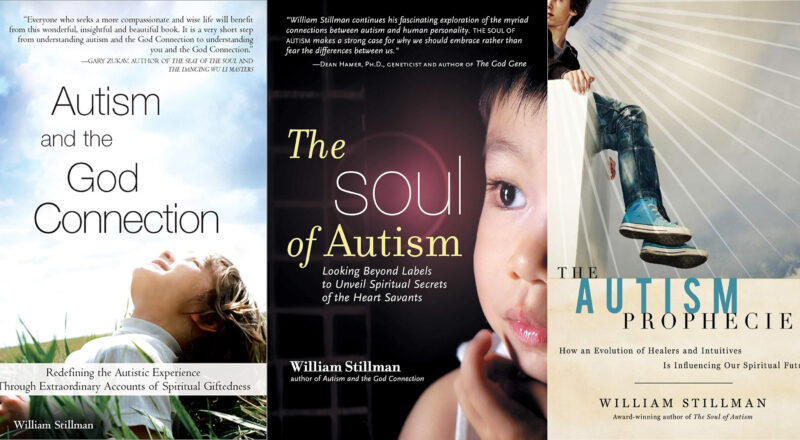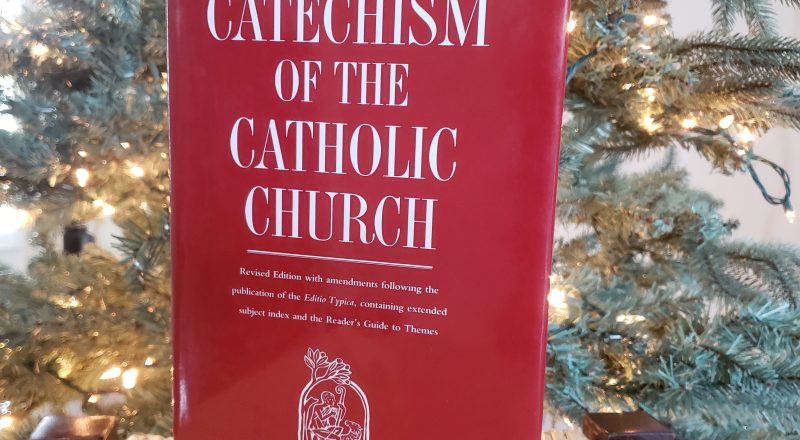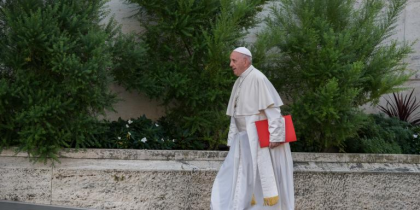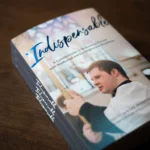At the end of May, the Vatican published “Towards Full Presence. A Pastoral Reflection on Engagement with Social Media.” It is generally a good document on social media with few surprises for me. (I’ve read more than the average person on Christian reflections on social media.) However, one thing I noted as an absence that would be good to talk about in light of Pope Francis’s teaching on it is privacy. Now, I admit I might be biased – privacy is my doctoral thesis theme – but I do think it is important. Let’s briefly summarize that document and present the clearest teaching of Francis on Privacy that could have been the basis for a paragraph or two of the document.
Summary of “Towards Full Presence” on Social Media
The Vatican document for the dicastery for communication seeks to cover both positive and negative aspects. it has 4 sections that will be summarized sequentially here, usually with a quote from the last paragraph.
1: Watching out for pitfalls on the digital highways

Section 1 covers the pitfalls of social media. It concludes:
As believers, we are called to be communicators who move intentionally towards encounter. In this way, we can seek encounters that are meaningful and lasting, rather than superficial and ephemeral. Indeed, by orienting digital connections towards encountering real persons, forming real relationships and building real community, we are actually nourishing our relationship with God. That said, our relationship with God must also be nourished through prayer and the sacramental life of the Church, which because of their essence can never be reduced simply to the “digital” realm.
2: From Awareness to True Encounter
The second section is titled “From Awareness to True Encounter,” which expresses the theme well. It ends with an examination of conscience, summarizing it:
In viewing social media as a space not only for connections but ultimately for relationships, a proper “examination of conscience” regarding our presence on social media should include three vital relationships: with God, our neighbor, and the environment around us. Our relationships with others and our environment should nourish our relationship with God, and our relationship with God, which is the most important, must be visible in our relationships with others and with our environment.
3: From Encounter to Community
The third section covers the issue of how to make a community online, make an “us.” It notes the limitations of online communications. Referring to Pope Francis in 2019, it notes:
The social web complements – but does not substitute for – an encounter in the flesh that comes alive through the body, heart, eyes, gaze, and breath of the other.
I understand this for most people. But, as an autistic person, I have always wondered about this for us as we often communicate better and form community through the means of digital connections. This is a side point though
4: A Distinctive Style
The document wants us to help others ask questions and be led to God. It concludes:
This is our witness: to vouch, with our words and our lives, for what someone else has done. […] Following the logic of the Gospel, all we have to do is to provoke a question to awaken the search. The rest is the hidden work of God.
You can read the rest on the Vatican site.
Privacy in Fratelli Tutti
In his 2020 social encyclical, Pope Francis gave the best description of privacy in any Vatican document. Paragraph 42 of Fratelli Tutti states:
Oddly enough, while closed and intolerant attitudes towards others are on the rise, distances are otherwise shrinking or disappearing to the point that the right to privacy scarcely exists. Everything has become a kind of spectacle to be examined and inspected, and people’s lives are now under constant surveillance. Digital communication wants to bring everything out into the open; people’s lives are combed over, laid bare and bandied about, often anonymously. Respect for others disintegrates, and even as we dismiss, ignore or keep others distant, we can shamelessly peer into every detail of their lives.
We can see that much of the critique of a lack of privacy here refers specifically to social media. Everything becoming a spectacle is mainly on social media today. A number of the Cristian engagements with privacy today in academia come particularly in this regard as they are reflections on big data or on the intrusive nature of predictive algorithms. So especially in the downfalls or issues part of a document like that, we should talk about privacy issues on social media.









